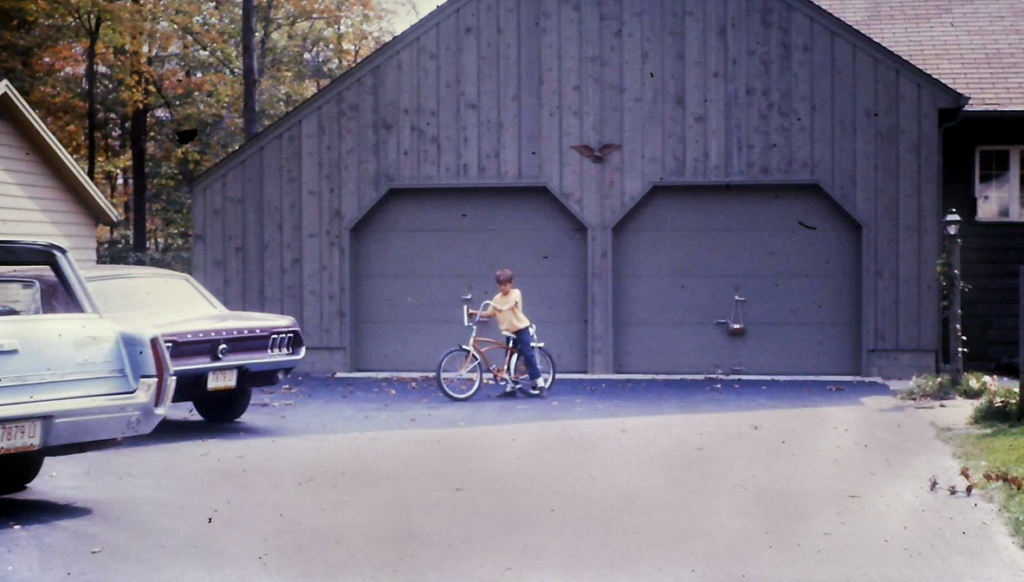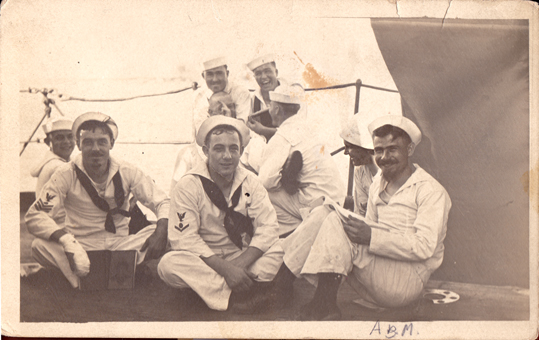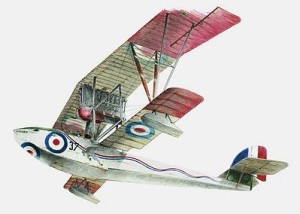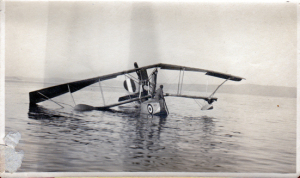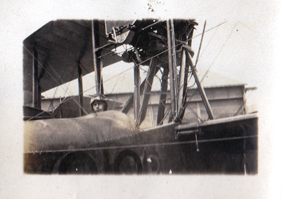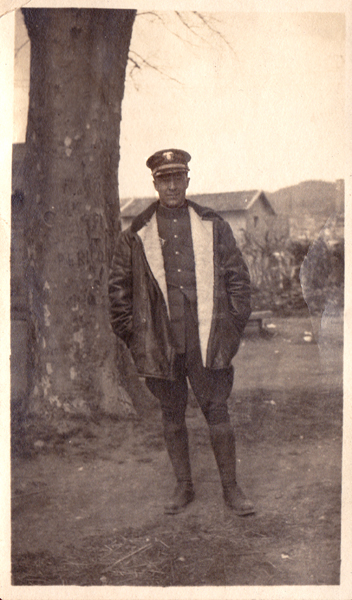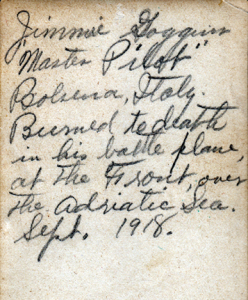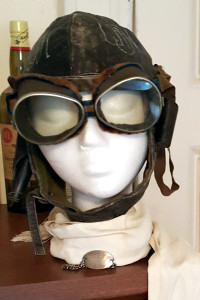COVID-19 Avoidance Advice
Advice for avoiding the COVID-19 virus that is causing the world-wide shutdown
Transcription of audio message passed via Facebook Messenger
This comes from a letter sent by a medical professional working at Doctor Negrin University Hospital in the Canary Islands, to colleagues. One of them translated it from Spanish and produced the audio message, which I received via Facebook Messenger and cannot download.
Most of the contents are already known. But it is good to be reminded and take such things seriously. There is no way of knowing if the source is correct, but most of the contents have been mentioned by other credible outlets.
I am leaving out some of the intro and adding some of my own comments [in brackets like this.]
MESSAGE FOLLOWS
The Chinese now understand the behavior of the COVID-19 virus, thanks to autopsies they have carried out. This virus is characterized by obstructing respiratory pathways with thick mucus that solidifies and blocks the airways and lungs.
So, they have discovered that in order to administer and apply medicine they must open and unblock these airways so that the treatment can be used to take effect.
However, all of this takes a number of days.
Their recommendations for what you can do to safeguard against contracting the disease yourself are:
1. Drink lots of hot liquids – coffee, tea, soup, warm water. In addition, take sips of warm water every twenty minutes. This keeps your mouth moist and warm and washes any of the virus that’s entered your mouth into your stomach where the gastric juices neutralizes the virus before it can get to the lungs.
2. Gargle with antiseptic in warm water every day if possible – vinegar, lemon juice, salt, etc. [Listerine and similar antiseptic mouthwash probably too.]
3. The virus attaches itself to hair and clothes. Any detergent or soap destroys it. But you must take a bath or shower when you get in from the street. Avoid sitting down anywhere and go straight to the bathroom or shower.
If you cannot wash your clothes daily, hang them in direct sunlight which [it is believed] will also neutralize the virus.
[Viruses have delicate structures, and coronaviruses especially so. They survive best in cold conditions (That is why they like our sinus and lungs, the coldest parts of the human body.) The hotter the conditions the more likely viruses will fall apart into simple components before they can invade host cells.]
4. Wash metallic surfaces very carefully, because the virus can remain viable for up to nine days. Take note and be vigilant about touching handrails and door handles, etc. Within your own home, regularly wipe down and if possible disinfect doors and oven handles, stove tops, refrigerator doors, etc.
5. Don’t smoke.
[I would suggest wearing a dust mask when doing any activities that might lead to irritating or inflaming the sinus, throat, and bronchial passages, like sweeping and vacuuming, cleaning cat litter, any DYI things around the home that stir up dust.
Might as well avoid triggering allergic reactions that could make you think you are coming down with something. If you have no N95 masks, pulling your tee shirt up over your nose is better than nothing.]
6. Wash your hands every twenty minutes, using any kind of soap that foams. Do this for 20 seconds, and wash your hands thoroughly.
[Some say sing Happy Birthday twice through, without rushing it. At the bottom is a link to an excellent article about the why traditional soap is especially good for defending yourself against viruses of all kinds.]
7. Eat fruits and vegetables. Try to elevate your zinc level as well as your vitamin C levels.
[You can take too much zinc. Do not ingest more than 40mg per day. Zinc toxicity can produce gastrointestinal issues similar to “a stomach flu without the fever.”
Also, the chemical zincum gluconicum found in zinc throat lozenges (like Cold Eeze) can coat the throat so viruses like the common cold cannot take hold. So, if you can get the lozenges, take them at the first sign of symptoms, don’t waste them if you don’t think you have a cold coming on.]
8. Animals do not spread the virus to people. It is person to person transmission.
9. Try to avoid getting the common flu, which weakens your system in general. Try to avoid eating and drinking cold things.
10. If you feel a sore throat coming on, attack it immediately using the above methods. The virus enters the system this way, where it remains for three or four days before it passes into the lungs.
Good luck, everyone! Take care of yourselves, and pass this information along if you wish.
And that is the end of the transmission.
*****
Here is a recipe for homemade hand sanitizer
Ingredients:
2/3 Cup 99% rubbing alcohol (isopropyl or ethanol.)
1/3 Cup aloe vera gel (to counter the drying effect of the alcohol)
8 to 10 Drops of essential oil optional for fragrance and skin soothing (lavender, peppermint, vanilla)
1 to 2 Drops of one antimicrobial essential oil optional for added antimicrobial protection (tea tree, arborvitae, cinnamon, clove, thyme.) But such oils can be harsh on skin, so go easy on this.
Directions:
Mix ingredients in a bowl with spoon or spatula, pour into glass bottles. Spritz away!
IMPORTANT: Do not use other types of alcohol (e.g., methanol, butanol), as they are toxic.
The alcohol must be 60% of the mixture to be effective. If you only have alcohol solution under 91% then it needs to be a greater percentage of the mixture.
After all that, do not forget about good old-fashion soap! Traditional soap is abnormally good at getting viruses off your skin, clothes, etc. According to a renowned chemist, it is actually better than alcohol and other sanitizers at destroying the structure of a virus.
*****
Here is the article about using traditional soap to combat viruses.

